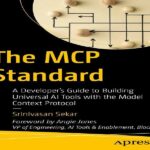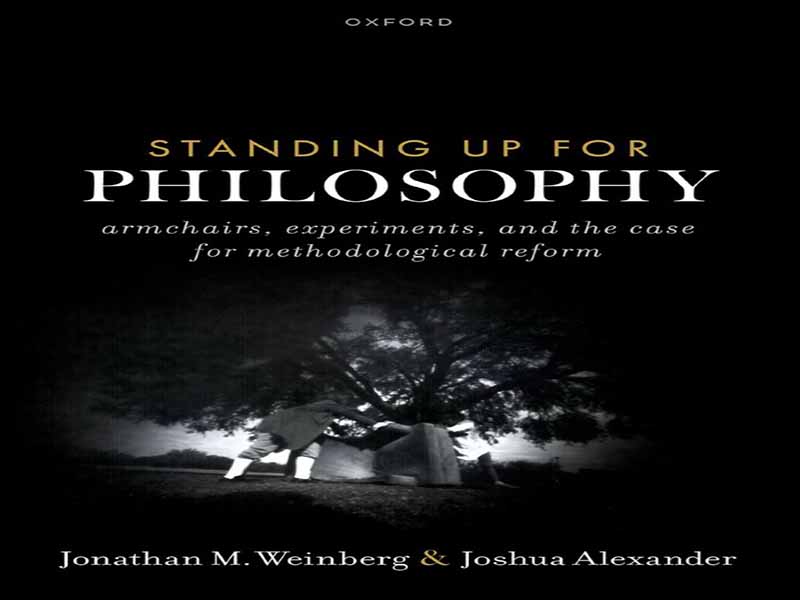- عنوان کتاب: Standing Up for Philosophy -Armchairs, Experiments, and the Case for Methodological Reform
- نویسنده: Joshua Alexander, Jonathan M. Weinberg
- حوزه: روش شناختی
- سال انتشار: 2025
- تعداد صفحه: 242
- زبان اصلی: انگلیسی
- نوع فایل: pdf
- حجم فایل: 9.99 مگابایت
این کتاب دفاعی از فلسفه تحلیلی است. همچنین دفاعی از فلسفه تجربی نیز هست. در واقع، این کتاب در عین حال که دفاع از یکی است، تا حد زیادی دفاع از دیگری نیز هست. این ممکن است عجیب به نظر برسد، زیرا اغلب تصور میشود که این دو عمیقاً با یکدیگر در تضاد هستند؛ در واقع، آنقدر زیاد است که امروزه تصور میشود که فیلسوفان تجربی باید فکر کنند که چیزی در فلسفه تحلیلی به شدت اشتباه است و فیلسوفان تحلیلی باید فکر کنند که چیزی در فلسفه تجربی به شدت اشتباه است. در همین راستا، تیموتی ویلیامسون (۲۰۱۰) در نیویورک تایمز نوشت: فیلسوفانی از فلسفه متنفرند که میخواهند روششناسی سنتی فلسفه را که بر ترکیبی از استدلال انتزاعی و مثالهای خاص تأکید دارد، با چیزی بیشتر شبیه روانشناسی تقلیدی جایگزین کنند. آنها حتی بدون اینکه به درستی تعریف کنند که به چه چیزی حمله میکنند، از نتایج تجربی با روحیهای گزینشی و غیرعلمی استفاده میکنند تا سعی کنند روششناسی سنتی را بیاعتبار کنند. اگرچه ویلیامسون از آن زمان دیدگاه خود را در مورد فلسفه تجربی تعدیل کرده است، اما این شیوه تفکر در مورد رابطه بین فلسفه تجربی و فلسفه تحلیلی هنوز هم به طور گسترده در سراسر این حرفه رواج دارد و هدف ما این است که یک بار برای همیشه نشان دهیم که این شیوه تفکر در مورد رابطه بین فلسفه تحلیلی و فلسفه تجربی عمیقاً اشتباه است.1 برای انجام این کار، باید رابطه بین فلسفه تحلیلی و فلسفه تجربی را توضیح دهیم، از جمله دلایلی که چرا فلسفه تجربی گونهای از فلسفه تحلیلی است و دلایلی که چرا برخی از فیلسوفان گاهی اوقات فکر کردهاند که این گونه نیست. معلوم میشود که آنچه بسیاری از فیلسوفان در مورد رابطه بین این دو فکر میکنند، به نوع چارچوبی بستگی دارد که اغلب برای توصیف هرگونه تفاوتها و اختلاف نظرهای متافلسفی ادراک شده بین آنها استفاده میشود، و بنابراین یکی از اهداف اصلی ما در این کتاب، توسعه و پیشبرد یک چارچوب جدید برای تفکر در مورد آنها خواهد بود.2 برای انجام این کار، مانند هر سابقهای که باید اصلاح شود، باید از ابتدا شروع کنیم و بنابراین از آنجا شروع خواهیم کرد.
This book is a defense of analytic philosophy. It is also a defense of experimental philosophy. In fact, it is a defense of the one in no small part by also being a defense of the other. This might seem odd since the two are often thought to be deeply at odds with one another; so much so, in fact, that it is rather common nowadays to think that experimental philosophers must think that something is terribly wrong with analytic philosophy and that analytic philosophers must think that something is terribly wrong with experimental philosophy. In this spirit, Timothy Williamson (2010) famously wrote in the New York Times: There are philosophy- hating philosophers who would like to replace the traditional methodology of philosophy, with their stress on a combination of abstract reasoning and particular examples, by something more like imitation psychology. Without even properly defining what it is they are attacking, they use experimental results in a selective and unscientific spirit to try to discredit the traditional methodology. While Williamson has softened his view of experimental philosophy since then, this way of thinking about the relationship between experimental philosophy and analytic philosophy is still held widely throughout the profession, and our goal is to show, once and for all, that this way of thinking about the relationship between analytic philosophy and experimental philosophy is deeply mistaken.1 In order to do this, we need to explain the relationship between analytic philosophy and experimental philosophy, including the reasons why experimental philosophy is a species of analytic philosophy and the reasons why some philosophers have sometimes thought that it is not. It turns out that what many philosophers think about the relationship between the two depends on the kind of framework that is often used to describe whatever perceived metaphilosophical differences and disagreements there are between them, and so one of our central goals in this book will be to develop and advance a new framework for thinking about them.2 In order to do this, like any record that needs to be set straight, we need to begin at the beginning and so that is where we will start.
این کتاب را میتوانید از لینک زیر بصورت رایگان دانلود کنید:
Download: Standing Up for Philosophy



































نظرات کاربران